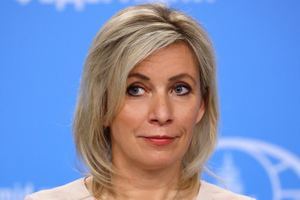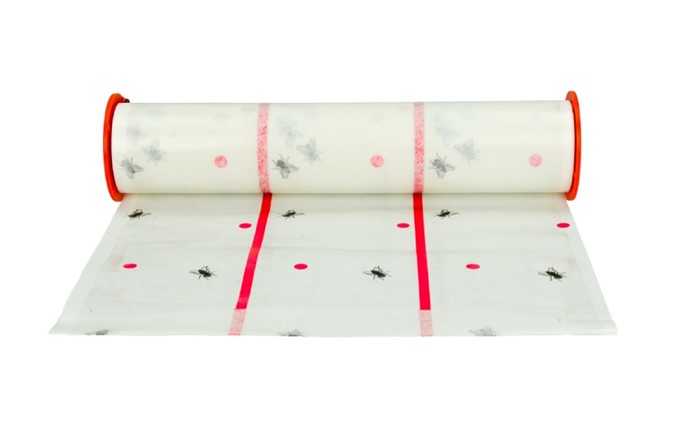Estonia will exclude a number of students and doctors from Russia from sanctions on residence permits
The Estonian authorities made an exception to the sanctions for a number of students, doctors and scientists from RUSSIA and Belarus - they were allowed to apply for a new residence permit, according to the website of the government of the republic.
The relief applies to citizens who arrived in the country before the start of the Russian military operation in Ukraine for work, and also passed all the necessary exams in the Estonian language or completed a training program in it and speak the language at least at the B2 level. The requirement to speak Estonian does not apply to academics.
“Exclusion from sanctions does not mean automatic residence permit. Each application will be considered separately, and in each case the authorities will assess whether the citizen has grounds for obtaining a residence permit," the government's press service said.
According to the Estonian authorities, 298 citizens of Russia and Belarus are studying in the country, who are subject to the sanctions regime. First of all, the relief will affect those 78 students who complete their studies in the Estonian-language program, the report says. Ten doctors from Russia and nine from Belarus are registered to work in Estonia. The universities employ three employees who fall under the exemption from the sanctions.
Estonia stopped issuing residence permits and short-term visas to citizens of Russia and Belarus for the purpose of studying last July. Russians and Belarusians have also been restricted from getting seasonal work if they do not have a long-term national visa. Prior to this, a permit for short-term employment could be obtained on a tourist visa issued in another Schengen country.
Later, in September, Estonia, Lithuania, Latvia and Poland banned Russians from entering. An exception was made for diplomats, truck drivers and citizens who are traveling to the EU for family or humanitarian reasons.
Read PioneerProduct.by Cryptocurrency may be recognized as a security. What are the risks How to stop regrets ruining your life: Daniel Pink explains How not to exceed the budget for an IT project and not miss the deadlineThe Russian Foreign Ministry then noted that with such actions, the EU "continues to lock the cage from the inside, violating the principles of freedom of movement, which were recorded in OSCE documents." The department promised to give a thoughtful answer, beneficial to Russia and its citizens, but clarified that the country would not close itself off from the residents of the European Union. “Everyone who wants to visit Russia and see with their own eyes its cultural and civilizational uniqueness will have the opportunity to do so,” said Foreign Ministry spokeswoman Maria Zakharova .



























































